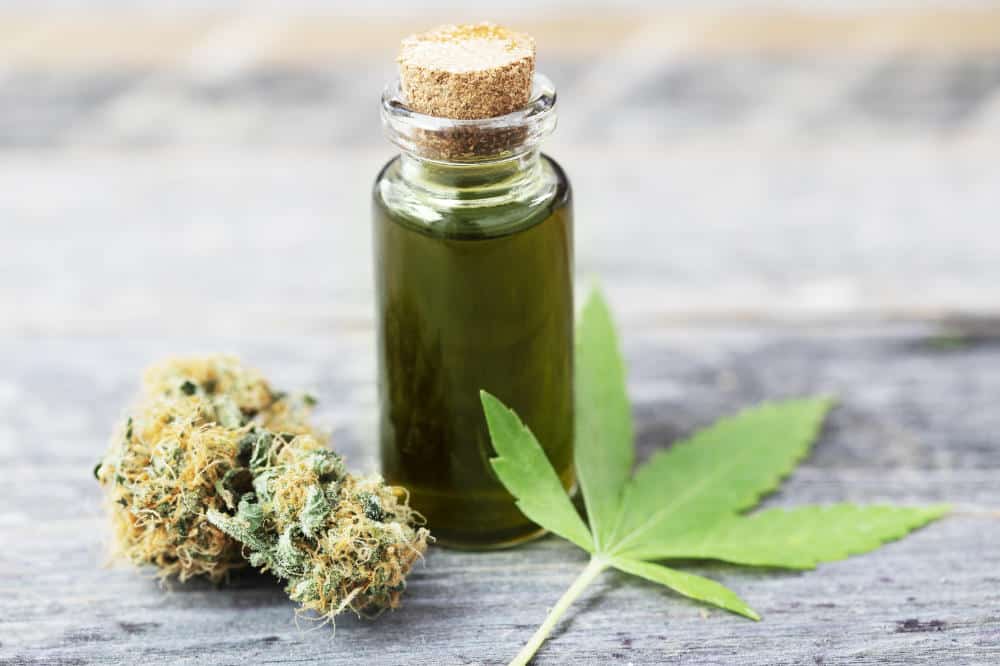Scientific Marvels of THC Extraction Methods in Oklahoma City
In the heart of Oklahoma City, where the cannabis industry is burgeoning, enthusiasts and entrepreneurs alike are delving into the intricate world of THC extraction methods. As the demand for high-quality cannabis products continues to rise, understanding the science behind these extraction techniques becomes paramount. In this article, we will explore the fascinating realm of THC extraction, shedding light on the scientific processes that contribute to the creation of premium cannabis products.
The Foundation: Cannabis Chemistry
To comprehend the science behind THC extraction, one must first grasp the fundamentals of cannabis chemistry. Tetrahydrocannabinol (THC), the psychoactive compound in cannabis, is primarily found in the trichomes—tiny, resinous glands on the plant’s surface. These trichomes house a complex mixture of cannabinoids, terpenes, and other compounds that collectively contribute to the unique effects and flavors associated with different cannabis strains.
Extraction Methods:
1. Solvent-Based Extraction:
– One of the most common methods involves the use of solvents such as ethanol, butane, or CO2 to dissolve THC and other cannabinoids from the plant material.
– Ethanol extraction is renowned for its efficiency and ability to extract a broad spectrum of cannabinoids and terpenes. However, it requires careful post-extraction processing to remove residual solvents thoroughly.
– Butane and CO2 extractions are praised for their ability to preserve terpene profiles, resulting in a more flavorful end product.
2. Supercritical CO2 Extraction:
– Considered a superior method in terms of purity and precision, supercritical CO2 extraction involves using carbon dioxide in a state that combines liquid and gas.
– CO2 is an attractive solvent due to its ability to selectively extract cannabinoids, leaving behind unwanted plant material and contaminants.
– The controlled nature of supercritical CO2 extraction allows for the customization of pressure and temperature, optimizing the extraction process for specific cannabinoids and terpenes.
3. Rosin Pressing:
– A solventless extraction method gaining popularity is rosin pressing, which involves applying heat and pressure to cannabis flowers or hash to release the resin.
– This method is celebrated for its simplicity and purity, as it requires no additional solvents. The resulting product retains a rich terpene profile and is favored by those seeking a more natural extraction process.
The Role of Terpenes:
Beyond just THC, the extraction methods play a crucial role in preserving terpenes, aromatic compounds that contribute to the distinct flavors and effects of different cannabis strains. Terpenes are volatile and sensitive to heat, making extraction methods that prioritize low temperatures, such as CO2 and rosin pressing, particularly attractive for those seeking a full-spectrum experience.
Quality Control and Testing:
In Oklahoma City’s burgeoning cannabis market, quality control is paramount. Reputable producers invest in rigorous testing processes to ensure that their products meet or exceed industry standards. High-performance liquid chromatography (HPLC) and gas chromatography-mass spectrometry (GC-MS) are commonly employed to analyze cannabinoid and terpene profiles, as well as to detect any residual solvents or contaminants.
As Oklahoma City’s cannabis industry continues to thrive, understanding the science behind THC extraction methods becomes essential for both consumers and industry professionals. Whether through solvent-based extraction, supercritical CO2 methods, or solventless rosin pressing, each technique contributes to the diverse array of cannabis products available. As enthusiasts explore the science behind these methods, they can make informed choices that align with their preferences, contributing to the growth and success of Oklahoma City’s dynamic cannabis landscape.
Always follow all Oklahoma laws when buying your cannabis, and only from OMMA licensed dispensaries.





